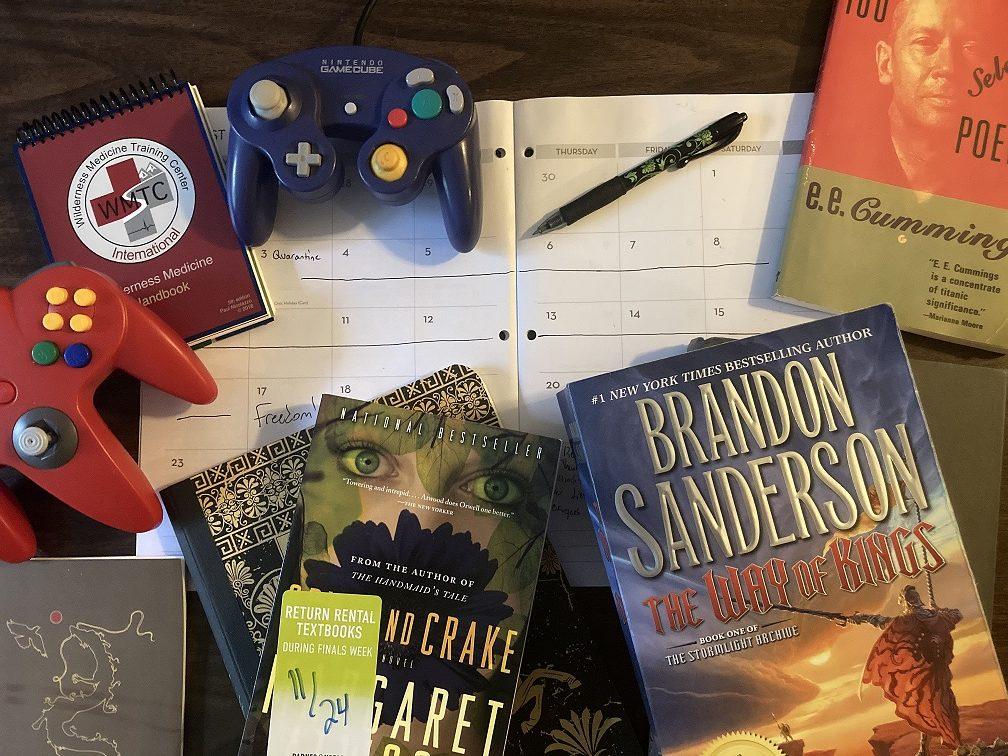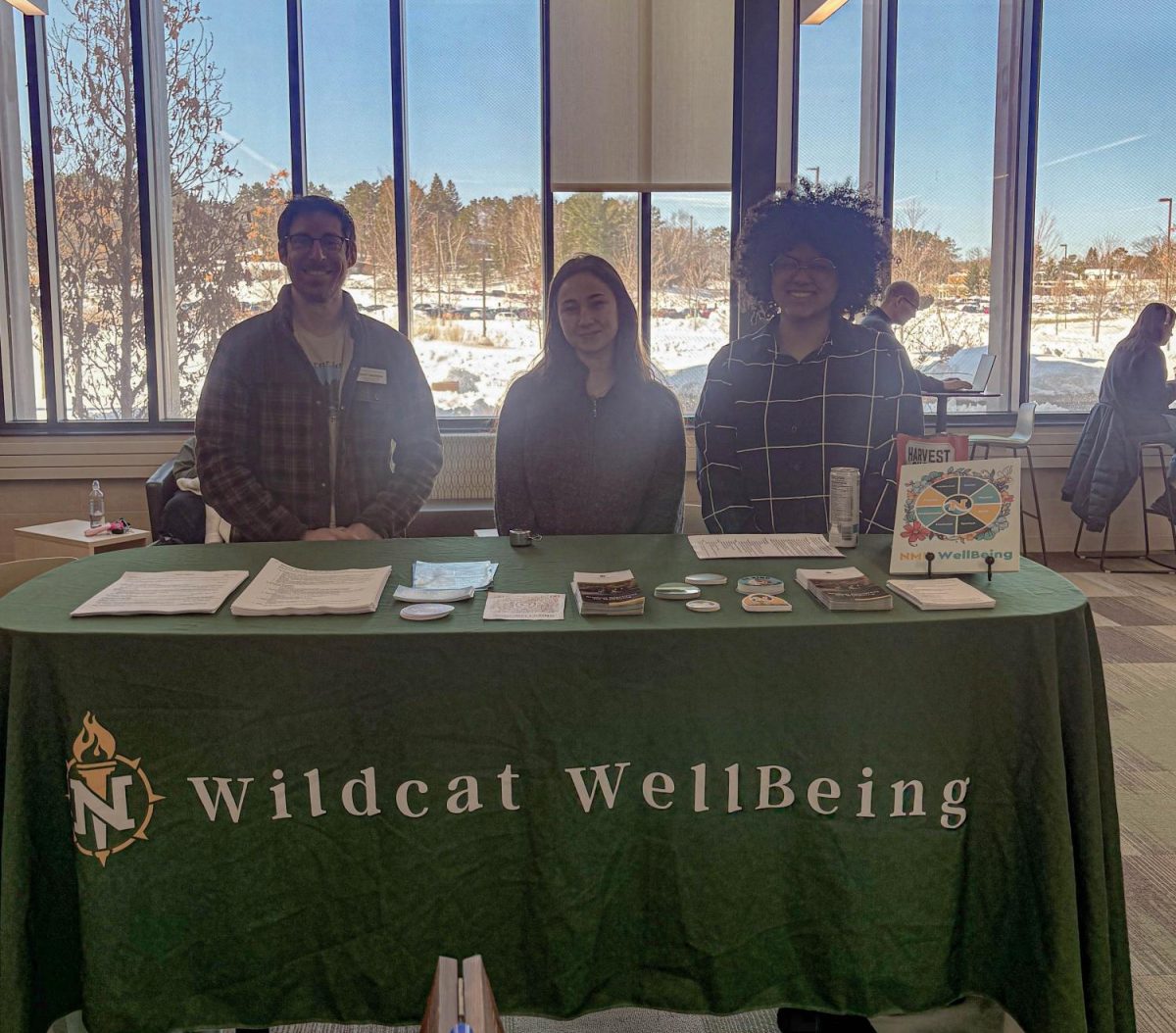Face masks, hand sanitizer stations and social distancing reminders are becoming familiar sights on campus. As these measures are implemented, students may wonder what to do if they catch the virus or come into contact with someone who tested positive for COVID-19.
NMU is working to keep students healthy by isolating some students inside Spalding Hall, which has become the designated building on campus for housing students who test positive or come into contact with the virus. At the time of writing, the university has 150 beds available for quarantine and isolation. Of the available beds, 52 are currently occupied, according to NMU’s COVID-19 reporting dashboard.
For these students, the first weeks of the fall semester look different. They join their classes via Zoom and they have no roommates and no peers sitting in the desks next to them. For students in Spalding Hall, the university experience means digital connections and physical isolation. Each student is alone in a room. They communicate with staff via email, texting, video chats and phone calls.
Boredom strikes quickly once homework is done, but isolated students can keep busy and even socialize with friends via apps such as FaceTime and Zoom. Undeclared sophomore Aidan Petz brought some leisure reading to pass the time between homework assignments.
“It’s definitely good to have that extra material or else you’re going to find yourself very bored,” Petz said.
Reading is one way to combat boredom while apps like TikTok and Netflix offer seemingly endless video content. A phone call from friends or family members can also help the time pass a little faster.
For anyone in isolation, interactions with classmates and professors may take the form of video calls and emails.
“All my professors have reached out,” sophomore pre-radiography student Taylor Quirk said. “And they’ve provided Zoom and everything, so I’ve been Zooming in all my classes.”
If students don’t hear from their professors, it doesn’t hurt to ask. Petz and Quirk both recommended contacting professors with any questions or concerns quarantined students may have.
People should remain in isolation for 14 days following contact with someone who tested positive for COVID-19, according to the Centers for Disease Control and Prevention.
Students will be isolated long enough to ensure they are no longer putting themselves or others at risk for COVID-19. This includes people who didn’t initially test positive but were identified via contact tracing. Quirk, who was identified this way, said it’s important to take isolation seriously, regardless of symptoms. Because some people are asymptomatic, it may not always be possible to tell who has the virus.
“When my friend told me, ‘Oh, I tested positive. The doctor’s probably gonna give you a call,’ I thought she was joking,” Quirk said. “I was like, ‘OK, sure.’ Because she was fine. She was like me and you.”
People who test positive can go to the CDC’s website for guidelines about entering isolation.
“You can be around others after 10 days since symptoms first appeared, and 24 hours with no fever without the use of fever-reducing medications, and other symptoms of COVID-19 are improving,” according to the CDC, regarding symptomatic individuals.
For asymptomatic individuals, isolation can end once 10 days have passed following a positive test.
Quirk and Petz offered advice to students newly entering isolation in Spalding. One tip is not to be afraid to make yourself heard.
“A good thing to do is just ask questions while you’re in here your first couple days because they have a lot of people to take care of,” Petz said.
Communication can mean the difference between having one’s needs met and not being heard. Both Quirk and Petz communicated with staff via text, and meal orders were placed by email.
Quirk advises students to stay positive, polite, and respectful even when times are tough.
“It’s just going to make it worse if you are negative,” Quirk said.
To students outside Spalding, Quirk encourages students to appreciate what they have, and the beauty of nature.
For more information on NMU’s response to COVID-19, visit https://nmu.edu/safe-on-campus/.
To learn more from the CDC, go to https://www.cdc.gov/coronavirus/2019-ncov/index.html.


























